- Home
- About Us
- Products
-
Heat-Pump Dehumidifier DeAir
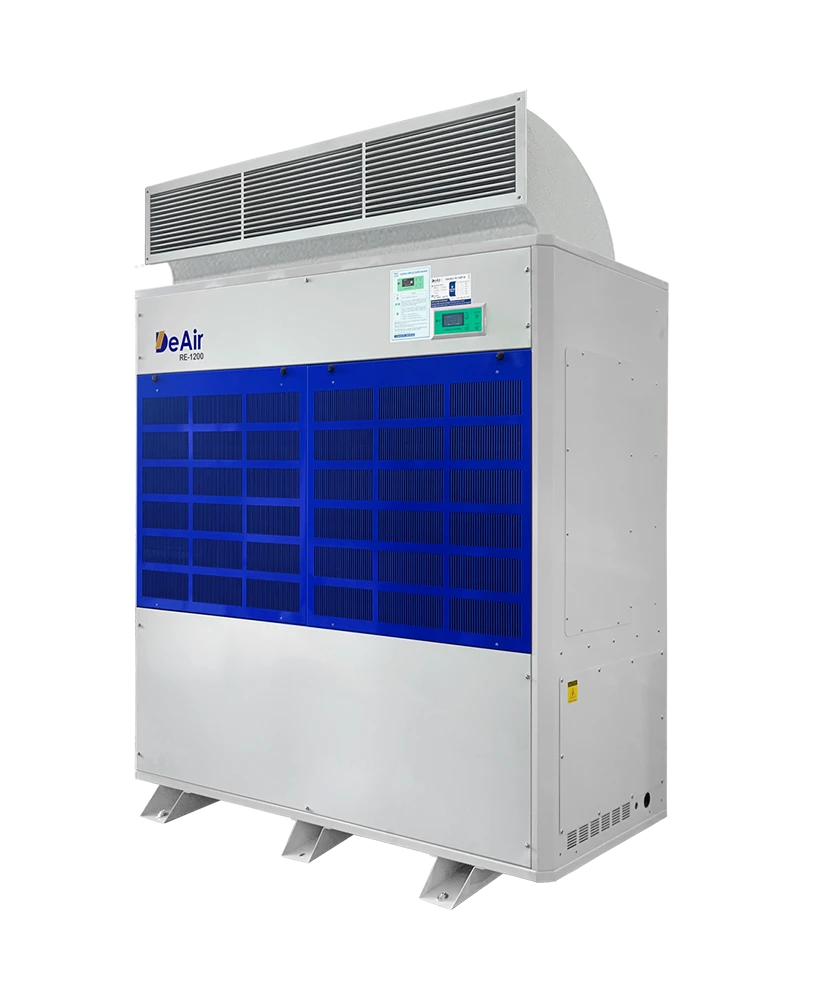 DeAir.RE
DeAir.RE -
Heat-Pump Dryer DeAir.RE-H
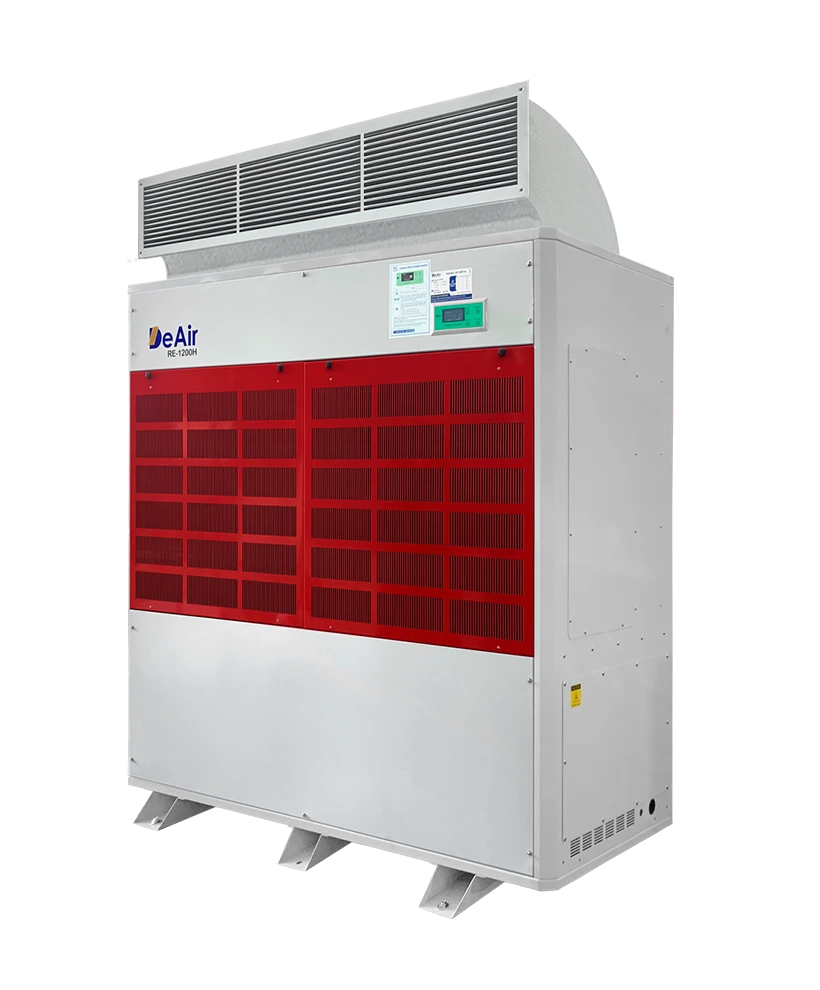 DeAir.RE-H
DeAir.RE-H -
Heat-Pump Stainless Steel Dehumidifier
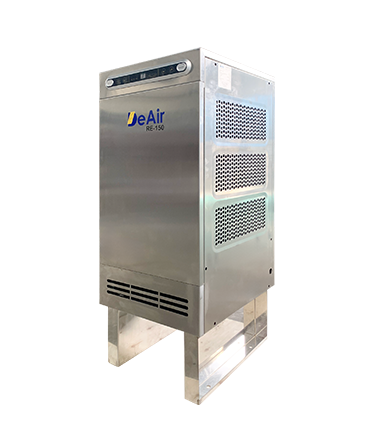 DeAir.RE-INOX
DeAir.RE-INOX -
Heat-Pump Isothermal Dehumidifier DeAir.CRE
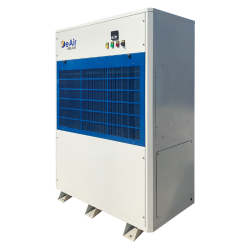 DeAir.CRE
DeAir.CRE -
Dezenno Dehumidifier
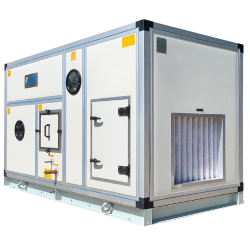 Dezenno
Dezenno -
Heat-Pump Ceiling Mounted Dehumidifier DeAir
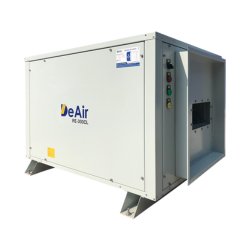 DeAir.RE-CL
DeAir.RE-CL -
Dehumidifier Olmas
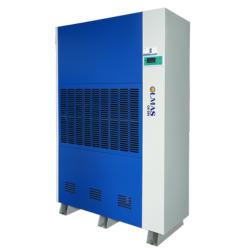 Olmas-OS
Olmas-OS -
Industrial Humidifier DeAir
 DeAir.HM
DeAir.HM -
Heat-Pump Dryer Daxwell
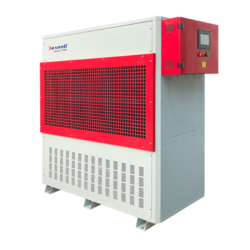 Daxwell
Daxwell -
Electric Duct Heater DeAir
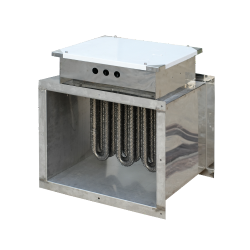 DeAir.Heat
DeAir.Heat -
Air Handling Unit Dezenno.MAX
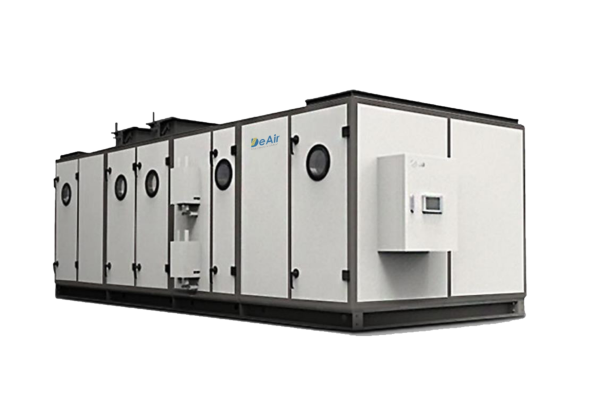 AHU
AHU
-
- Services
- Projects
- Warranty – Maintenance
- News
- Contact
Drying Smokeless Coconut Charcoal for Export to Russia: DeAir Installs 2 Daxwell DX-300D Drying Rooms in Ben Tre
23/06/2025
Drying Smokeless Coconut Charcoal for Export to Russia: DeAir Installs 2 Daxwell DX-300D Drying Rooms in Ben Tre
Ben Tre, the coconut capital of Vietnam, not only supplies products from the coconut fruit but also utilizes coconut shells to create smokeless coconut charcoal briquettes – a clean energy product with high economic value and great export potential. This product is highly favored in the international market, especially for applications like BBQ grilling in restaurants and homes, and for heating in large spaces, thanks to its advantages of long burning time, high heat output, and particularly, not producing smoke or unpleasant odors.
However, to achieve the highest product quality, the drying stage after briquetting is critically important. Recognizing this, an enterprise specializing in exporting coconut charcoal in Ben Tre approached DeAir with a request to build a modern drying system capable of precisely controlling technical parameters to ensure consistent product quality for large orders destined for the Russian market.

The Challenge of Optimizing Export-Quality Coconut Charcoal
For coconut charcoal briquettes, the drying process is more than just removing moisture. It directly affects the most crucial characteristics of the product:
- Hardness and Durability: Proper drying helps the briquettes bind well, preventing them from crumbling during transportation and use.
- Burning Efficiency: Thoroughly dried charcoal has a higher calorific value, a longer and more stable burning time.
- Smokeless Characteristic: Completely removing residual moisture is the key factor that allows the charcoal to burn without producing smoke, meeting the "clean charcoal" standard of the international market.

Traditional Drying Technologies and Their Drawbacks:
Previously, producers often used two main methods to dry charcoal briquettes, both of which have significant weaknesses unsuitable for export-grade products:
- Manual Sun-Drying: This method has low investment costs but is very time-consuming, requires a large area, and is entirely dependent on the weather. The briquettes are easily contaminated by dust and leaves, and the quality is inconsistent.
- Traditional Kilns (using coal, firewood): These kilns make it very difficult to control the temperature, leading to uneven drying where the outside may be scorched while the inside is still damp. More importantly, soot from the burning fuel can adhere to the product, reducing its quality and posing a high risk of fire.

The client's requirement was to install two synchronized drying rooms using advanced technology to completely overcome these drawbacks.
The Daxwell DX-300D Heat Pump Dryer - A Specialized Solution From DeAir
After surveying and analyzing the product's specific characteristics, DeAir's engineering team identified the Daxwell DX-300D Heat Pump Dryer as the most suitable model for this project. This line is designed to operate efficiently in the 40-60°C temperature range, ideal for drying materials that require moderate heat and an extended drying time to dry thoroughly from the inside out.
The solution of installing two drying rooms with the Daxwell DX-300D machine delivered outstanding results:
- Optimal Process Control: The intelligent PLC controller of the Daxwell machine allows for precise setting and maintenance of temperature and humidity throughout the drying process. This ensures the charcoal briquettes are dried slowly and evenly, without cracking due to thermal shock.
- Perfect "Smokeless" Quality: The continuous circulation of dry air thoroughly extracts moisture from deep within the briquettes, ensuring the final product reaches the necessary dryness to burn without smoke, meeting the strict standards of the Russian market.
- Safe and Environmentally Friendly: Compared to traditional charcoal drying methods, the electric heat pump dryer is a clean solution that does not generate toxic emissions or pose a fire risk, ensuring safety for the factory and workers.
- Increased Productivity and Cost Savings: Two drying rooms operating in parallel double the production output. Simultaneously, the Heat Pump technology significantly saves on electricity costs compared to resistance heating, optimizing production costs.

The Result: Ben Tre's Clean Charcoal is Ready to Conquer the Russian Market
The commissioning of the two Daxwell DX-300D drying rooms has enabled the enterprise in Ben Tre to fully master their drying technology, producing high-quality, uniform coconut charcoal briquettes that meet all requirements from their Russian partners.

This project is a clear testament to DeAir's capability in providing specialized technological solutions for niche industries, helping to add value to local resources and promote the export activities of Vietnamese businesses.
Sign up for news from DeAir
Related news






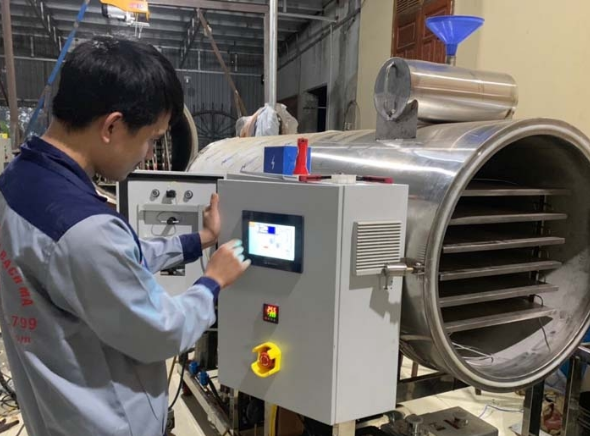


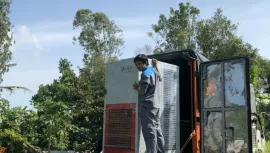
![[Case Study] DeAir Installs DeAir.De Rotor Humidity Control System for Pharmaceutical Plant in Binh Duong [Case Study] DeAir Installs DeAir.De Rotor Humidity Control System for Pharmaceutical Plant in Binh Duong](https://deair.com.vn/thumbs/news/2023_04/ban_giao_may_cho_duoc_bd/[270x153-cr]image1-1024x772.jpg__cv.webp)
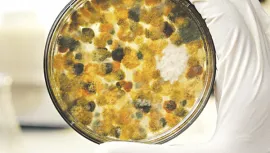
![[Review & Guide] Olmas OS-300: The New Humidity Control "Warrior" for Medium to Large Warehouses [Review & Guide] Olmas OS-300: The New Humidity Control "Warrior" for Medium to Large Warehouses](https://deair.com.vn/thumbs/news/huong_dan_su_dung_may_olmas_21/[270x153-cr]vtm06440.png)